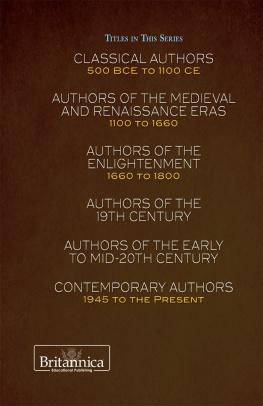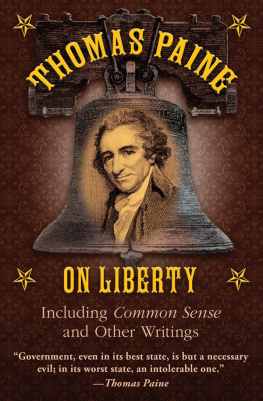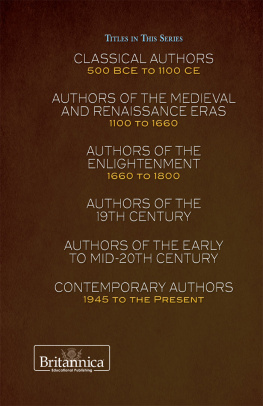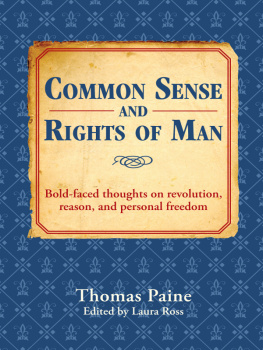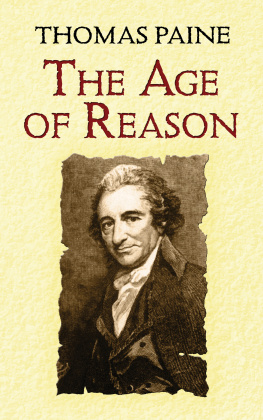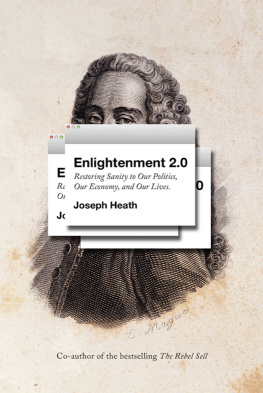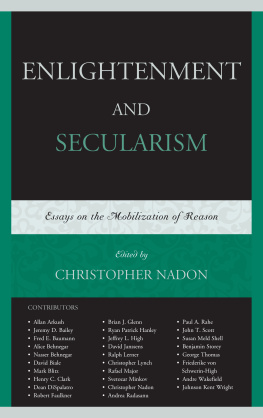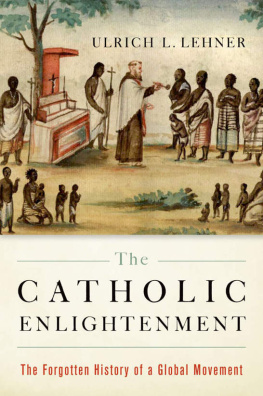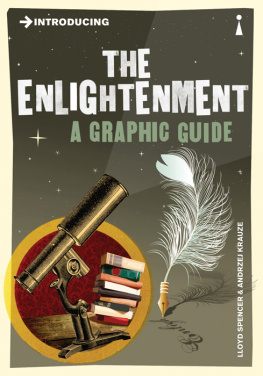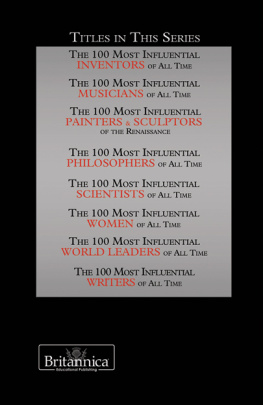

Published in 2014 by Britannica Educational Publishing
(a trademark of Encyclopdia Britannica, Inc.)
in association with Rosen Educational Services, LLC
29 East 21st Street, New York, NY 10010.
Copyright 2014 Encyclopdia Britannica, Inc. Britannica, Encyclopdia Britannica, and the Thistle logo are registered trademarks of Encyclopdia Britannica, Inc. All
rights reserved.
Rosen Educational Services materials copyright 2014 Rosen Educational Services, LLC.
All rights reserved.
Distributed exclusively by Rosen Educational Services.
For a listing of additional Britannica Educational Publishing titles, call toll free (800) 237-9932.
First Edition
Britannica Educational Publishing
J.E. Luebering: Director, Core Reference Group
Adam Augustyn: Assistant Manager, Core Reference Group
Marilyn L. Barton: Senior Coordinator, Production Control
Steven Bosco: Director, Editorial Technologies
Lisa S. Braucher: Senior Producer and Data Editor
Jennifer Sale: Production Coordinator
Kathy Nakamura: Manager, Media Acquisition
Rosen Educational Services
Hope Lourie Killcoyne: Executive Editor
Nelson S: Art Director
Cindy Reiman: Photography Manager
Brian Garvey: Designer
Introduction by Joseph Kampff
Library of Congress Cataloging-in-Publication Data
Authors of the Enlightenment : 1660 to 1800/edited by J.E. Luebering.
pages cm. (The Britannica Guide to Authors)
In association with Britannica Educational Publishing, Rosen Educational Services.
Includes bibliographical references and index.
ISBN 978-1-62275-010-8 (eBook)
1. Authors17th centuryBiography. 2. Authors18th centuryBiography. 3. Literature17th centuryBio-bibliography. 4. Literature18th centuryBio-bibliography. 5. AuthorshipHistory17th century. 6. AuthorshipHistory18th century. I. Luebering, J. E., editor of compilation.
PN451.A965 2014
809.03dc23
[B]
2013008886
Manufactured in the United States of America
On the cover, p.iii: Voltaire, marble bust by Jean-Antoine Houdon; in the Hermitage, St. Petersburg. Voltaire, considered to be one of the finest French writers of the Enlightenment and indeed of all time, may well be remembered best as an advocate of human rights. SuperStock/Getty Images
CONTENTS
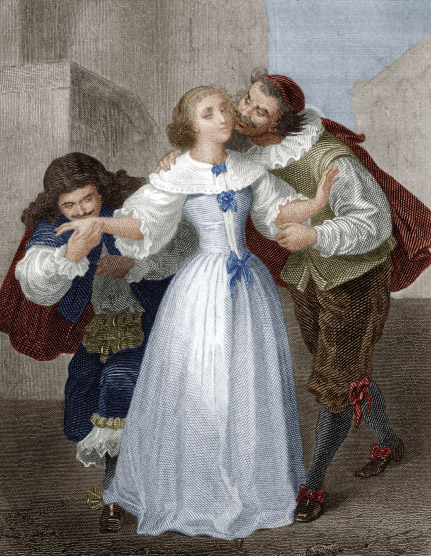
A scene from Molires play The School for Husbands , among the first of his plays; engraving by Delannoy after a drawing by G. Stahl. Apic/Hulton Archive/Getty Images
T he term Enlightenment usually refers to an intellectual movement that originated in Europe in the 17th century and had a wide influence on life across Europe and North America during the 18th century. The literature, philosophy, and politics of this period were marked to a large extent by a belief in the capacity of human reason to achieve knowledge, freedom, and happiness for all humankind, and history was conceived as a progression toward these ends. This new emphasis on the efficacy of human rationality led to tremendous advances in science, radical social reform, an intolerance of abuses committed by church and state, and an emphasis on individual agency and inalienable human rights. Indeed, the Enlightenment culminated in the American and French revolutions and produced such important documents as the United States Bill of Rights and the French Declaration of the Rights of Man and the Citizen. Freedom, democracy, and reason are the crucial terms of the Enlightenment. Authors of the Enlightenment: 1660 to 1800 provides in-depth and authoritative biographical, contextual, bibliographical, and other critical information on the authors whose literary (and not so literary) works not only helped to produce and spread the Enlightenment but, by doing so, also laid the foundations for modern life. This volume encompasses such important figures as Molire, Daniel Defoe, Jonathan Swift, Voltaire, Benjamin Franklin, and Thomas Paine, who both wrote about and lived the struggles central to the Enlightenment. But it also contains descriptions of authors from the same historical period not usually associated with the Enlightenment, such as the Japanese master of the haiku, Bash, and the Mexican poet Sor Juana Ins de la Cruz, in whose writings many of the same ideas are circulating. While the Enlightenment was a European phenomenon, its concerns were universal ones that were being addressed at the same time by authors around the world.
Jean-Baptiste Poquelin, better known by his stage name, Molire, was an actor and playwright whose works are considered the greatest comedies in the history of French theatre. Born into an affluent Parisian family in 1622, Molire received his education at the prestigious Collge de Clermontthe same place at which Voltaire would later study. Despite his fathers wishes, Molire was determined to pursue a career in the theatre and organized his first comedic acting company, the Illustre-Thtre, in 1643. Molires theatrical ventures were not immediately successful, however, and he was sent to prison twice in 1645 because he could not pay his debts. Unable to compete with the better-established companies in Paris, Molire spent the next 13 years touring the provinces, honing his skills as a playwright, actor, and manager. Molires break came in 1658 when his company greatly impressed King Louis XIV in an impromptu performance in the guardroom of the Louvre. Afterward, he quickly acquired a reputation among Parisian theatregoers as a writer with a scathing wit for whom nothing was off-limits. Often causes of public scandal, his plays were censored by the churchDom Juan was not staged during his lifetime. Nevertheless, until his death in 1673, Molire devoted his life to theatre, both charming and outraging audiences with comic masterpieces such as Le Misanthrope (The Misanthrope), Tartuffe; ou, limposteur (Tartuffe; or, The Imposter), and Lcole des femmes (The School for Wives).
Although the early English novelist Daniel Defoe (16601731) was also a notable pamphleteer and journalist, he is best remembered today for his outstanding novels Robinson Crusoe and Moll Flanders. Defoe was not only a writer, however. Soon after completing his studies at the academy for Dissenters (English Protestants who did not conform to the Church of England) at Newington Green, Defoe established himself as a merchant dealing in a diverse range of goods. His various business ventures led him to travel extensively and ushered him into the world of politicsalthough, because religion and politics were practically inextricable at this time, that meant also an introduction to religious politics. He produced a number of influential political pamphlets and a periodical, The Review, which he wrote almost entirely by himself from 1704 to 1713. But Defoe was not always successful in his commercial and political enterprises. Frequently in debt, he went bankrupt in 1692. Defoes politics often contributed to his failings in business, although he was no political idealist. Early in his career, he was an outspoken critic of the politically powerful High-Church Tories, and his Whiggish views landed him in Newgate Prison in 1703, which caused his business to suffer. Once released, however, he served the Tories, who were in control of the British government, as a pamphleteer and spy. In 1714, when the Whigs ascended to power, Defoe continued in the same role for the new government. Only after 1714, though, was Defoe was able to commit himself to the longer prose works for which he is celebrated. He published

